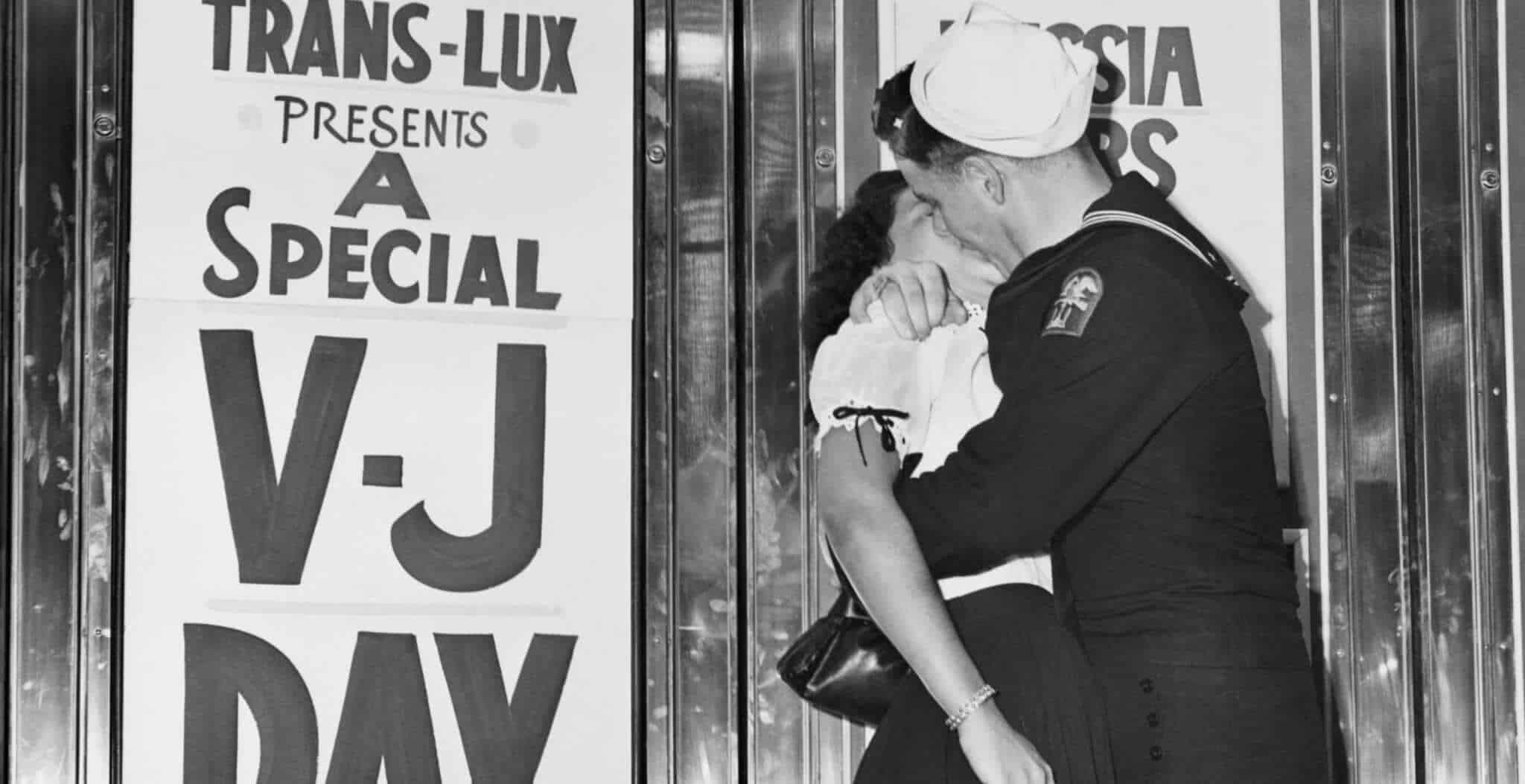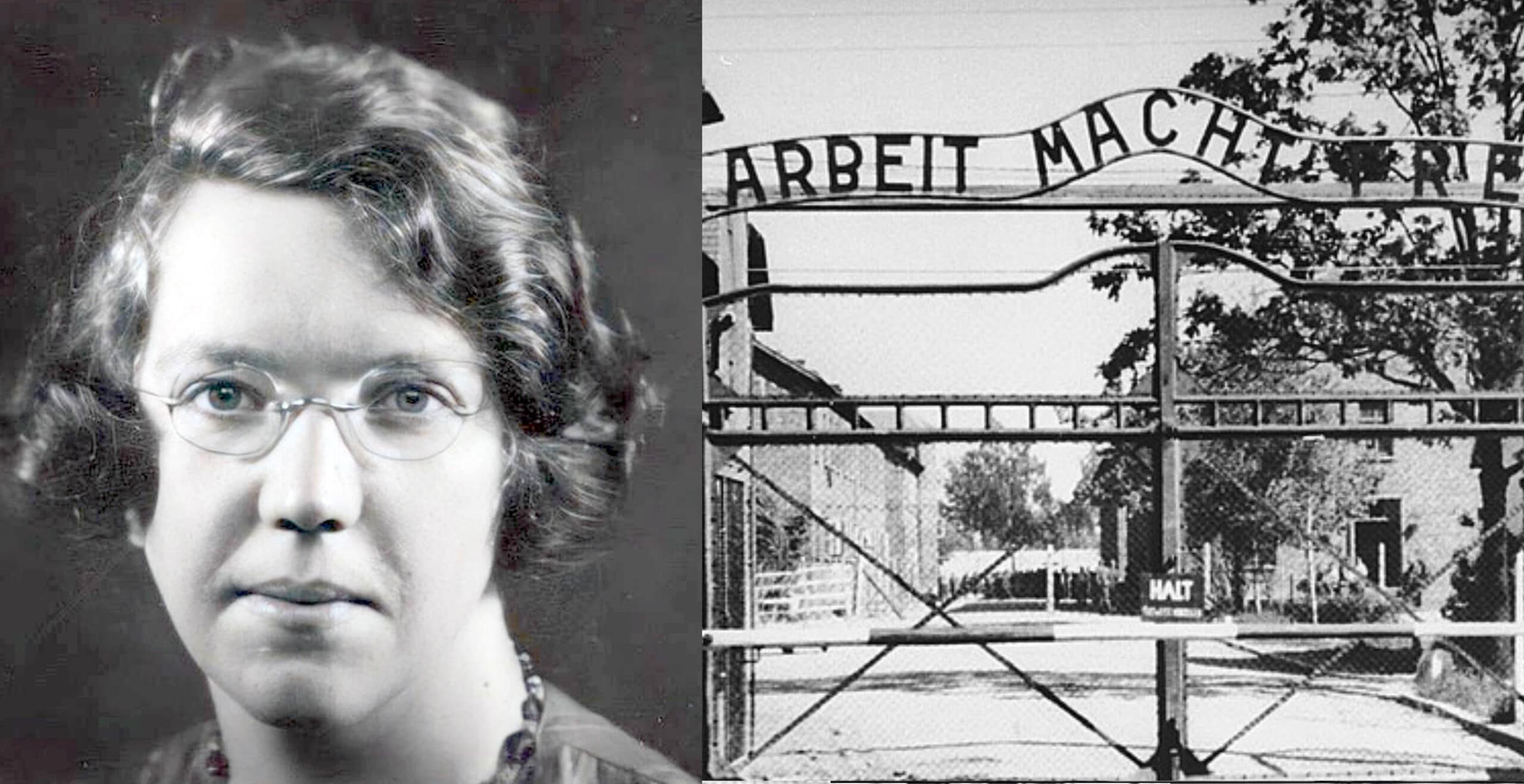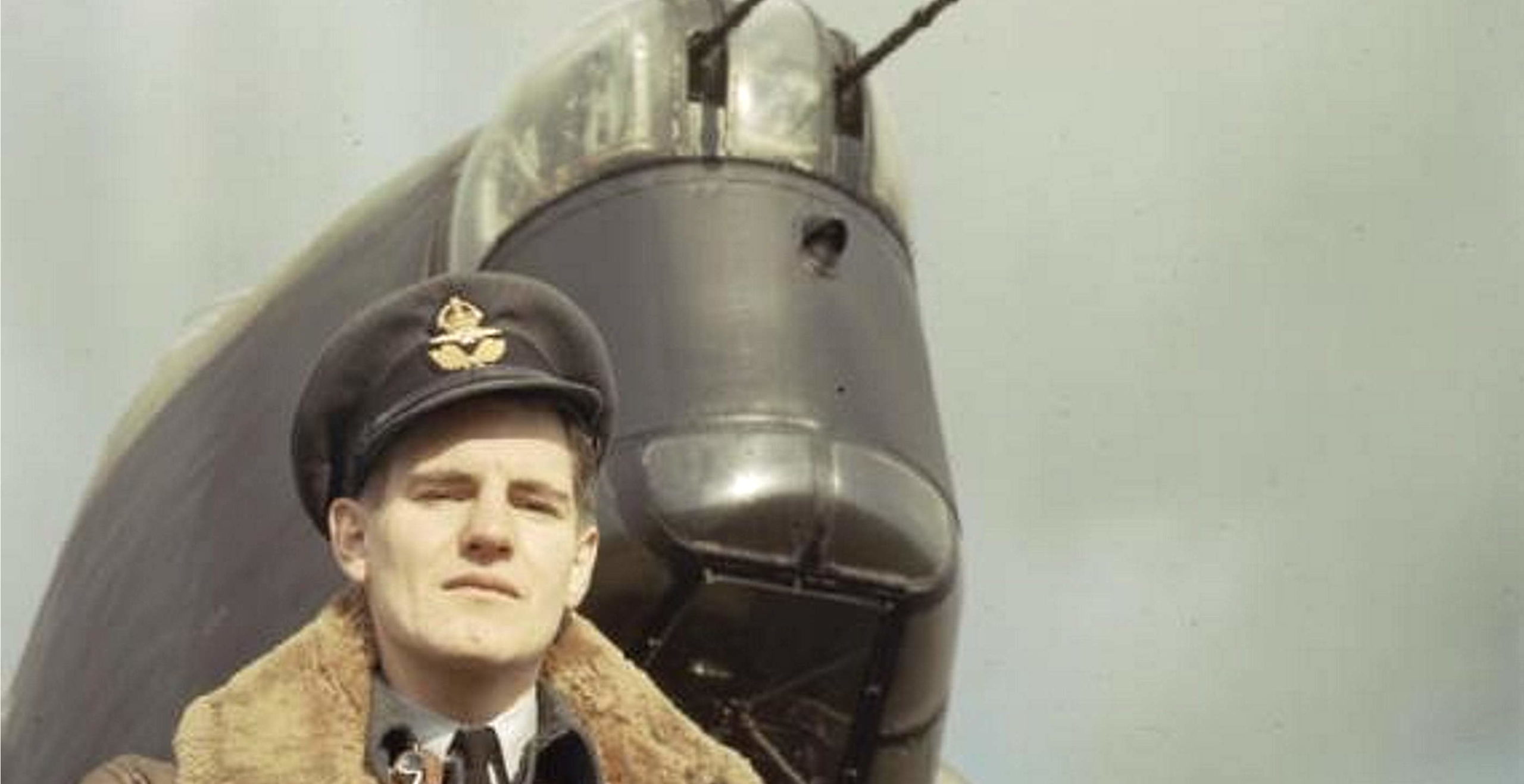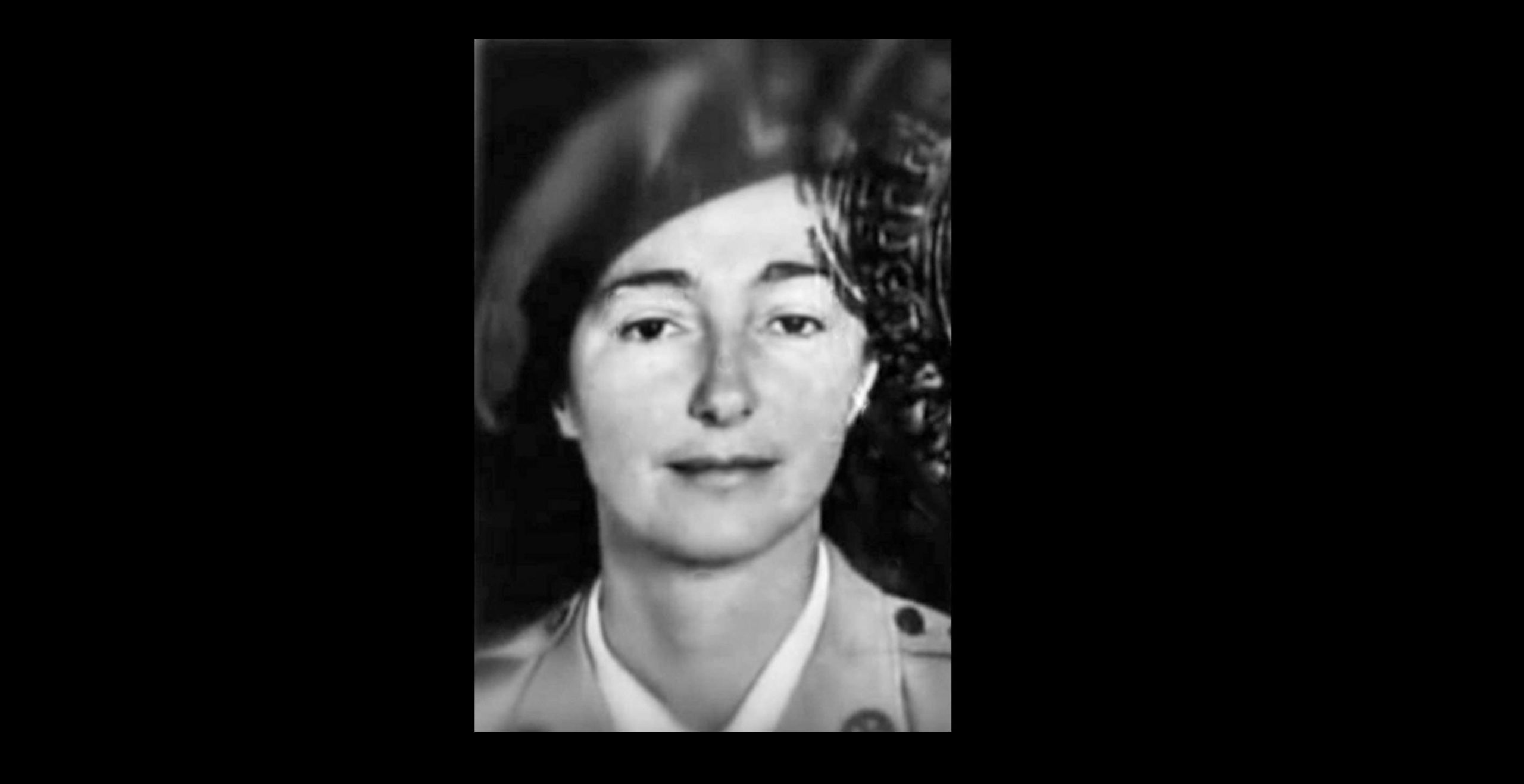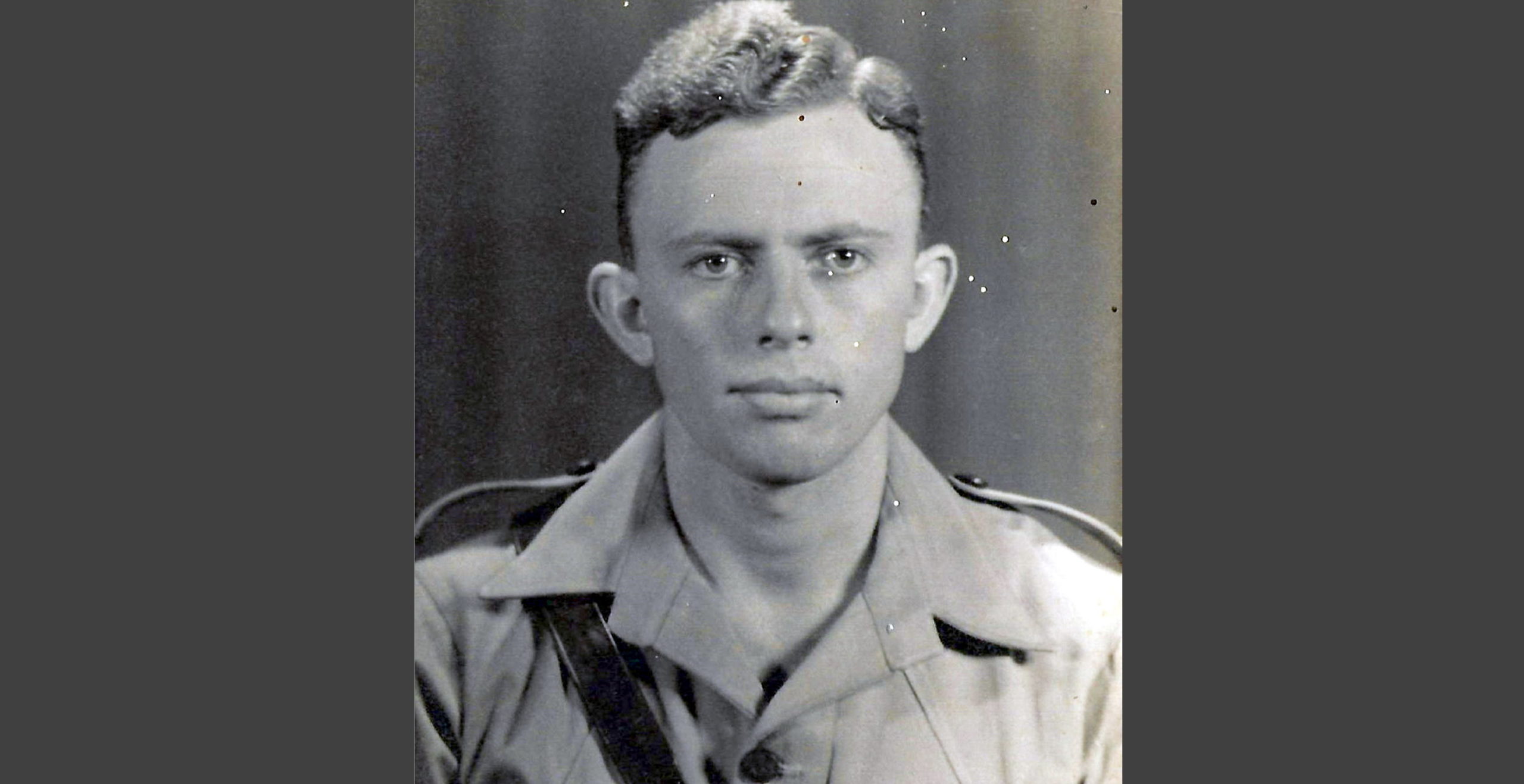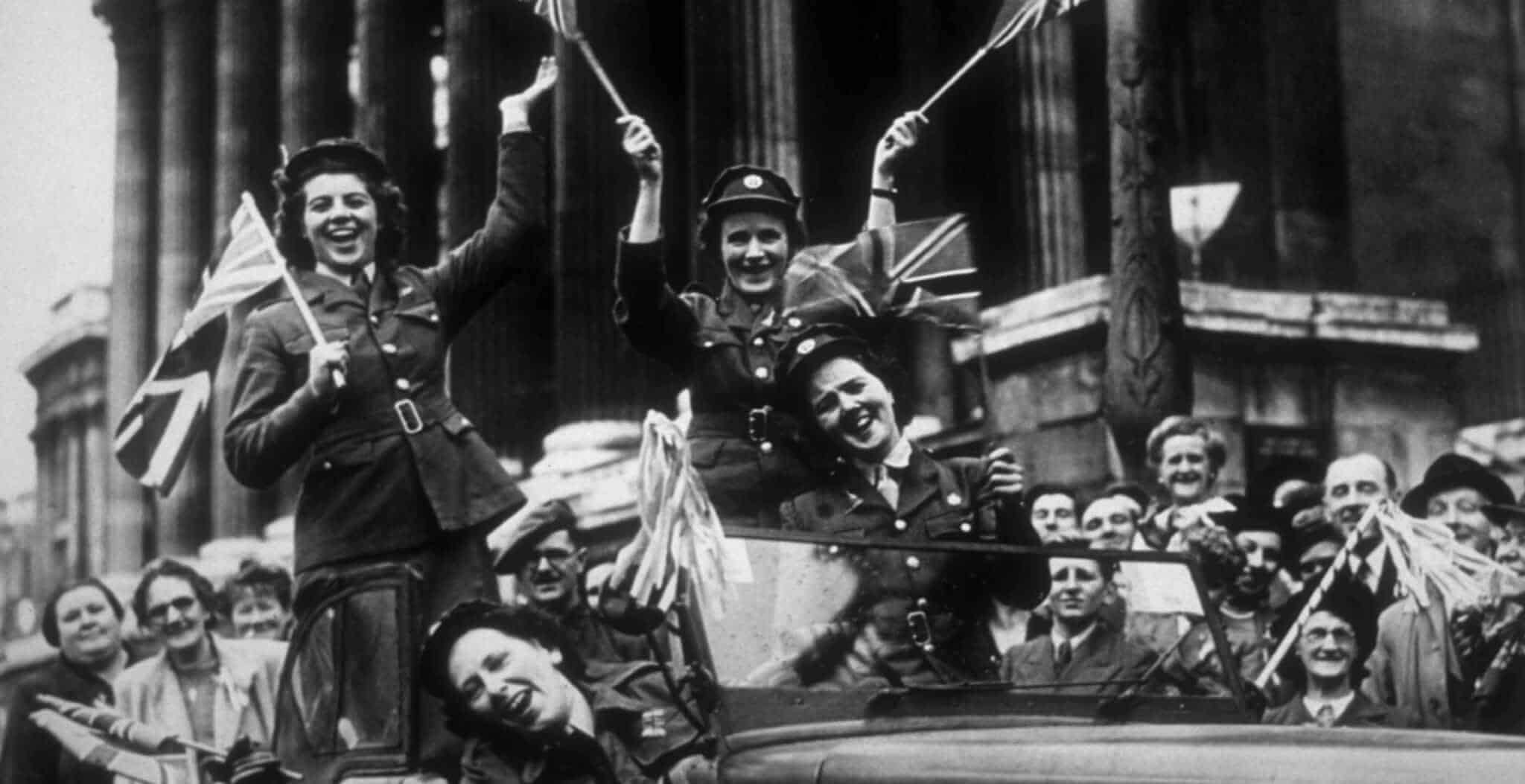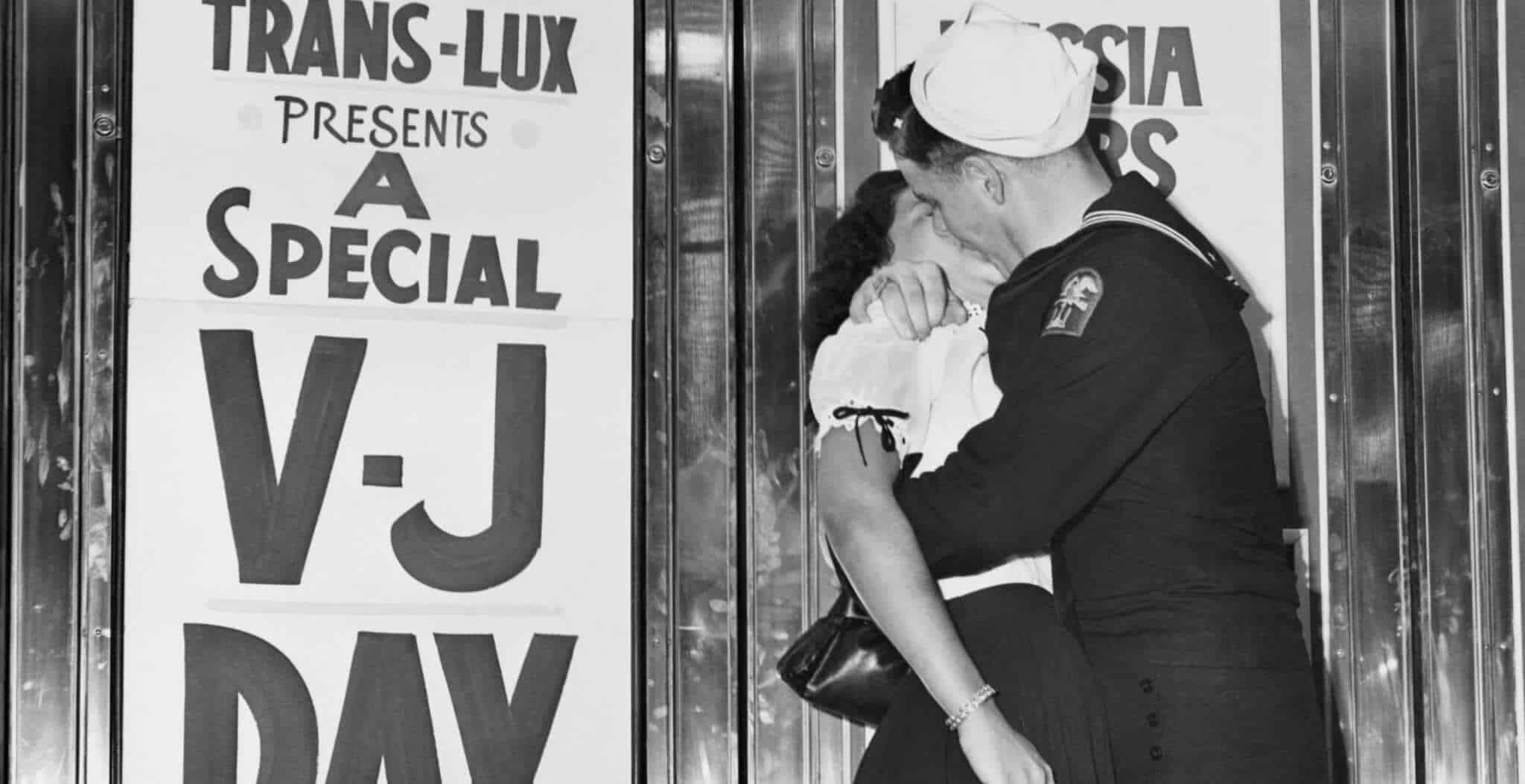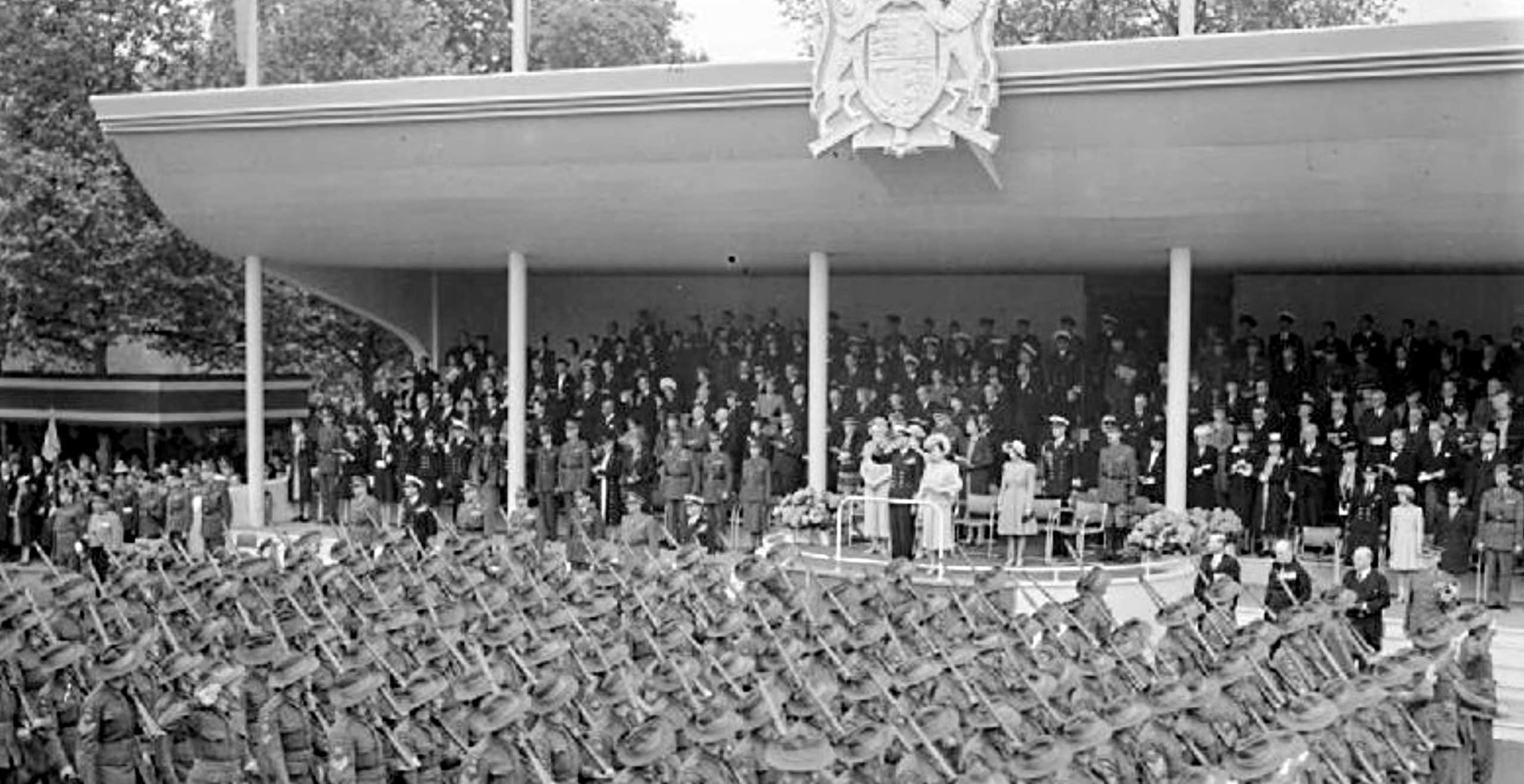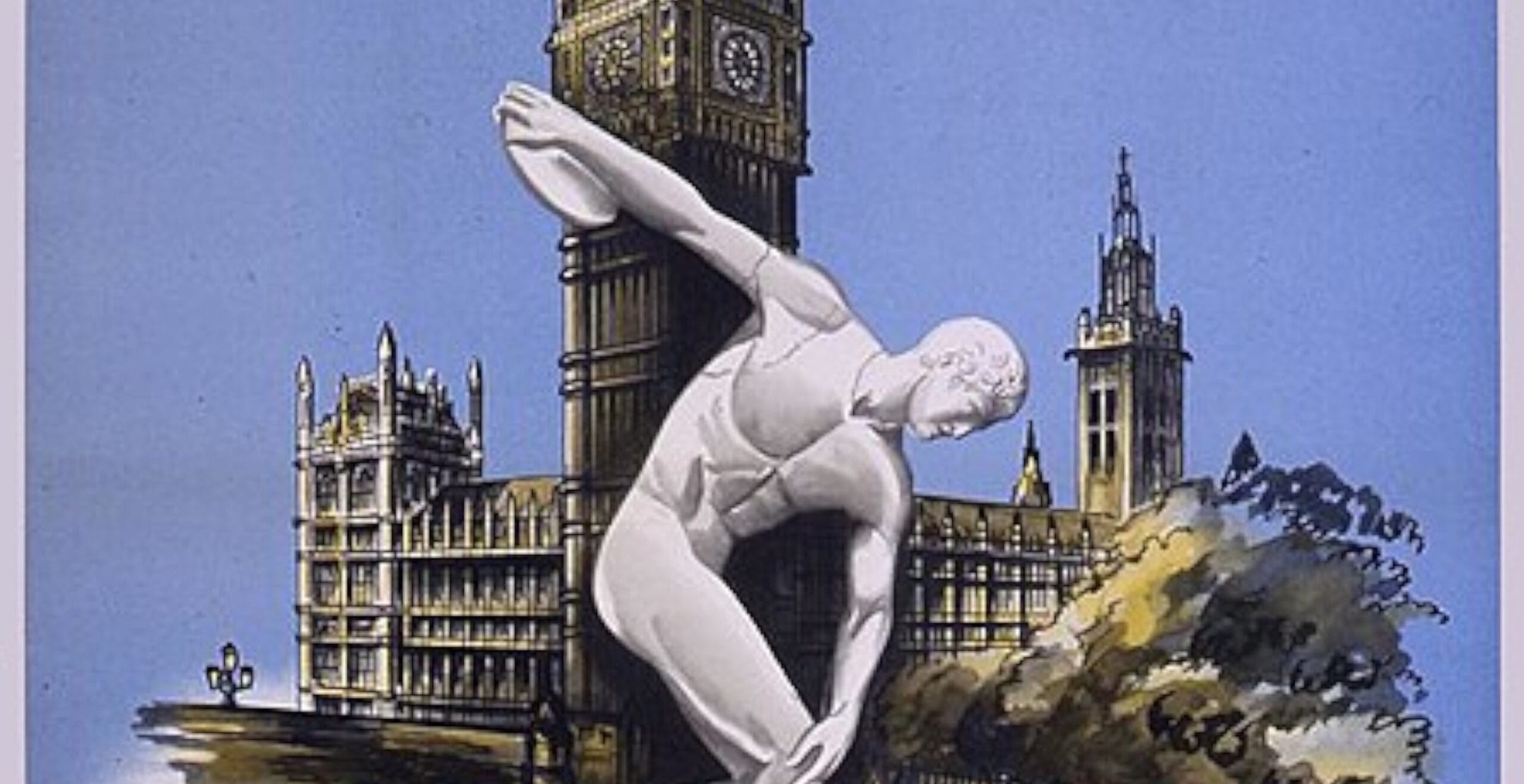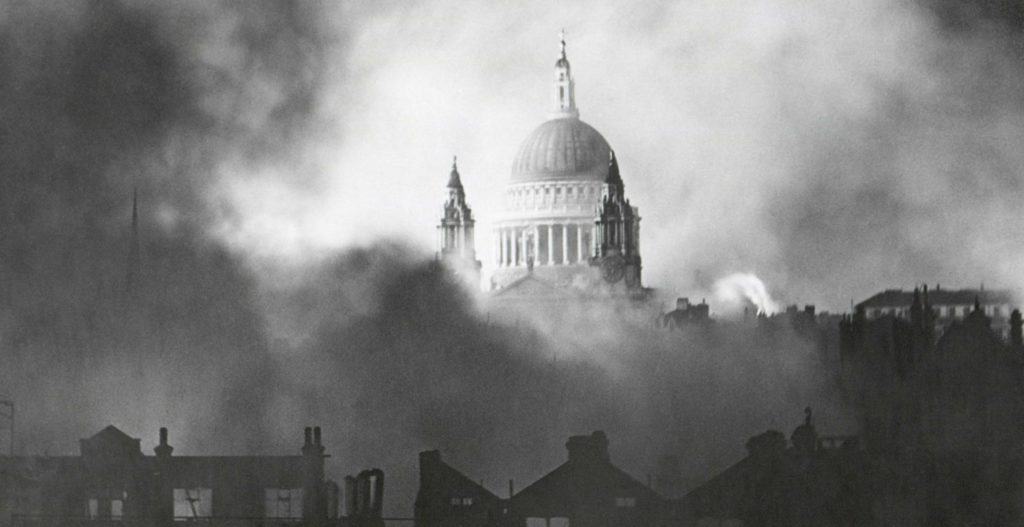Important events of 1945 and the final year of World War Two, including the atomic bombing of Hiroshmia and Nagasaki.
| 28 Jan | The Battle of the Bulge ends – from now on the German Army is on retreat into Germany itself. |
| 13 Feb | The bombing raids on the German city of Dresden start. Many thousands of civilian lives would be lost in the firestorm created by 1,300 Allied bombers. |
| 16 Feb | The Battle of Iwo Jima starts as the US Navy begins a 3 day bombardment of the island. |
| 19 Feb | US Marines land on Iwo Jima. |
| 23 Feb | US Marines raise the US flag on the summit of Mount Suribachi on Iwo Jima. Of over 20,000 Japanese defenders, only 1,000 were taken prisoner. |
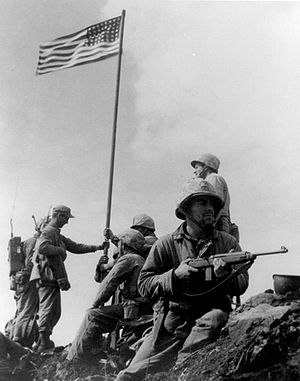 Raising the flag at Iwo Jima |
|
| 7 March | British and American troops cross the Rhine. |
| 29 March | The last bomb of the war falls on Britain, a V1. |
| 1 April | America troops take Okinawa – the last island held by the Japanese. |
| 12 April | After 12 years as US president, Franklin D Roosevelt dies from a massive stroke. He had led his country tirelessly through some of its most turbulent times to the impending defeat of Nazi Germany, and with the Japanese in full retreat. |
| 13 April | Russians forces capture Vienna. |
| 18 April | All resistance in the Ruhr ends and 370,000 German prisoners of war are taken. |
| 22 April | Hitler decides to stay in Berlin ‘until the end’. |
| 25 April | American and British troops meet at Torgau in Germany. |
| 30 April | With Soviet troops less than 500 metres from his Führerbunker, Adolf Hitler commits suicide. He shoots himself with his own pistol. Alongside him is the body of his new wife Eva (née Braun) who has died after taking cyanide capsules. The capsules had already proved lethal after tests conducted on Hitler’s dog Blondi. |
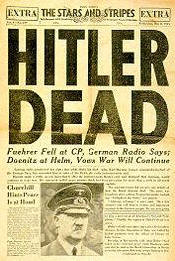 |
|
| 2 May | Berlin surrenders to the Russian Army. |
| 4 May | The German VII Army surrenders. |
| 7 May | The new German president, Admiral Karl Dönitz, authorises the unconditional surrender of the armed forces of Nazi Germany. |
| 8 May | Victory in Europe (VE) Day. |
| 11 May | German forces in Czechoslovakia surrender. |
| 22 June | U.S. forces overcome the last major pockets of Japanese resistance on Okinawa Island, ending one of the bloodiest battles of World War II. Lieutenant General Mitsuru Ushijima, the Japanese commander of Okinawa’s defense, commits suicide rather than surrender. |
| 12 July | Results declared in the UK general election show a surprise landslide victory for Clement Atlee’s Labour Party. He replaces Winston Churchill as prime minister. By winning their first majority government, Labour are provided with the mandate to implement postwar reforms. |
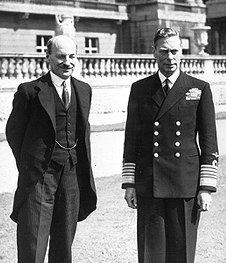 Clement Atlee and King George VI |
|
| 6 Aug | The first atomic bomb is dropped on the Japanese city of Hiroshima by a US B29 Superfortress bomber, called the ‘Enola Gay’. It is estimated that 200,000 people die as a result. |
| 9 Aug | A second atomic bomb ‘Fat Man’ is dropped on the Japanese military port of Nagasaki by US Superfortress ‘Bockscar’; a further 200,000 deaths result. |
| 2 Sept | Japan surrenders. Victory in Japan (VJ) Day is celebrated. |
